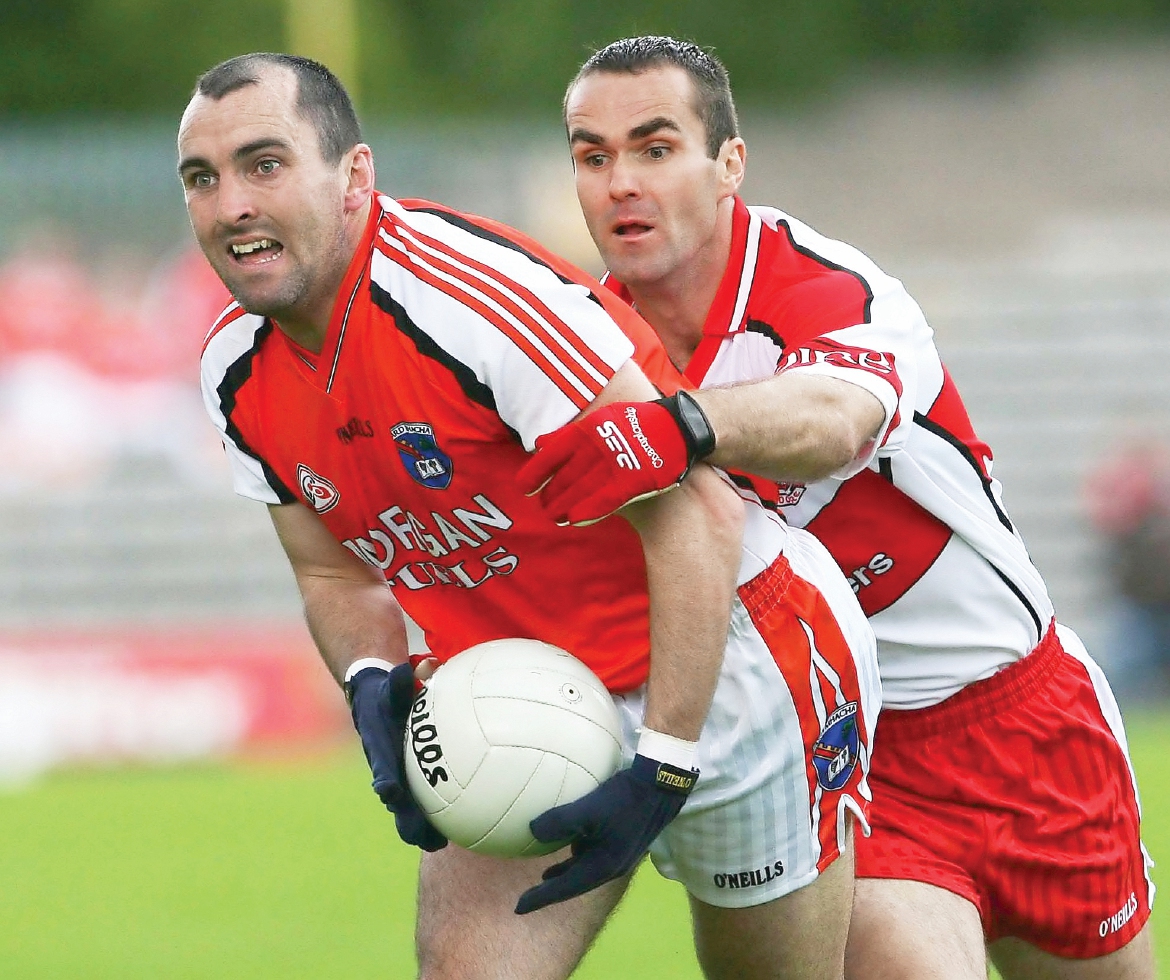- It’s that time of season when the club championships are upon us. For players and parishes alike, this is the most anticipated time of the year.
- Teams have tapered their preparation to reach optimum performance at this juncture. The sun is (sometimes) splitting the tress and players have that essential championship haircut, usually so short that I look like I’m a sporting an afro in comparison. Crucially at this time of the year, clubs have their county players available.
- The availability of county players has increasingly been a bone of contention. Traditionally a club player making the county squad was a source of joy and pride for both the player and the club. However, in an era of quasi-professionalism, managers and clubs will often bemoan club players getting the county call as it means they will miss a huge chunk of club games.
- Before we look at it, for the record I am biased as I am a club manager and have only one viewpoint and much like Harry Kane’s agent, I don’t know how to fix it.
- There’s an old saying that ‘county players go to your wedding and club players carry your coffin.’ The unavailability of county players for club fixtures is overwhelmingly down to the savage schedule that the modern county player had to contend with.
- The vast majority would love nothing more than to play both but find themselves in a loaves and fishes scenario. there is the odd exception, that one player who gets the call and arrives to one training a year, usually to watch the last five minutes. They’ll keep the car running, will be in flip flops and sunglasses and will have the phone in one hand and a protein shake in the other.
- Thankfully I have found that most are excellent club men and go above and beyond to pass on to the team experiences they have gained from elite level coaching.
- Indeed, I remember in the early noughties the O’Rourkes playing league games for Armagh at 2pm on a Sunday and lining out for Dromintee at 6pm that evening. Playing for the club meant that much to them as did keeping me on the bench.
- The problem with the proposed split season is that it only addresses championships. This means that in many counties players miss most of the league.
- This is where club managers feel their absence the most. That nagging feeling that ‘we would win this game if we had Jim and Joe’ and, crucially, ‘how can I develop a system without crucial players at training throughout the year?’
- Different counties have different approaches to the league conundrum. Some star games, some weight points relative to county player availability and many simply plough on.
- A proposal that I feel is counter productive is to make leagues non-competitive with these counties only determining promotion and relegation through the championship.
- The rational is that clubs will play minus their county players if there is nothing at stake. However, a non-competitive league, whilst giving players game time, will not develop players as it is not must-win. If you take away the fundamental principle those winning and losing matters, then players will stagnate.
- Another gripe that club managers have is that often they receive notice of unavailability from a blanket email and sometimes aren’t notified officially and players are left with the unenviable task of telling them. Every county should endeavour to have a liaison officer with the sole purpose of communication between county management and club managers. Open communication will nip a lot of future conflict in the bud.
- Whilst I would hate to see Gaelic football, hurling or camogie follow the route of rugby where you play club or you play county, I feel players should be encouraged to strive to make the county squad. It will develop them as players and ultimately fulfil many a childhood dream.
- Clubs need to get back to a mindset of pride in their club player making it to the top, and open dialogue between the county and club is essential as the players should be allowed to get on with their game.
- What better way for a young child to begin that dream of playing for their county than seeing Mary or Joe from their village or town playing in the biggest games?
